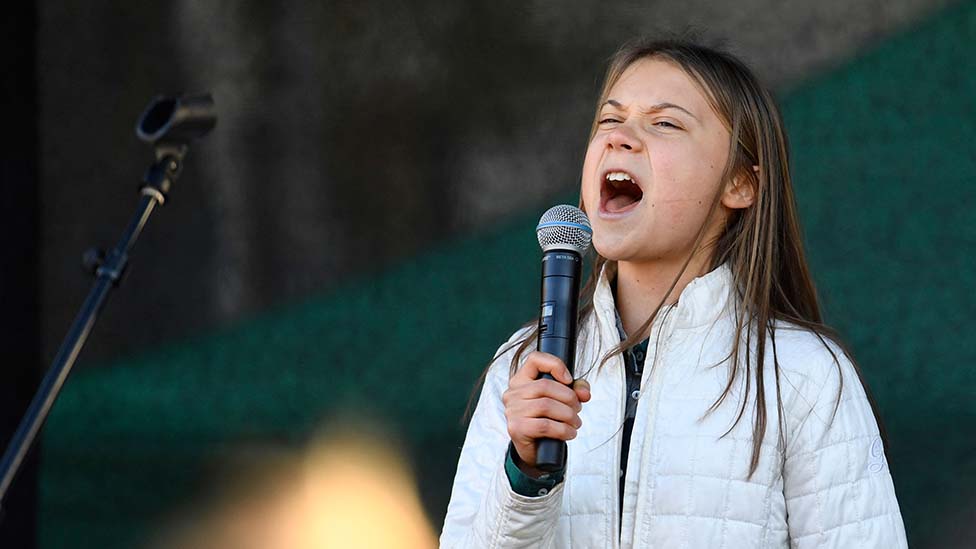A change in mind from the world’s most famous environmental campaigner shows just how marginalised the case against nuclear power has become. In an interview last week, Greta Thunberg criticised German plans to shut down its three remaining nuclear plants, branding the move “a bad idea” and a “mistake” if it necessitated switching to coal. For this she received praise from Christian Democrat and Free Democratic Party politicians in the country, and even won over figures from the German Right who had previously been dismissive of her activism.
Shortly after these comments, German Chancellor Olaf Scholz yesterday vowed to extend the operation of all three plants until April of next year. In doing so, he has risked the wrath of the anti-nuclear Green party which makes up one-third of the nation’s traffic light coalition.
But in truth, Thunberg’s comments are indicative of a prevailing international mood which, in light of the global energy crisis, recognises the need for nuclear power instead of impractical renewable alternatives. In Germany, where there has been a frantic scramble to wean itself off cheap Russian gas, the need is particularly acute.
The Swedish climate activist is not the first public figure to perform a volte-face on nuclear energy. In the US, Democrat Representative for Congress Alexandria Ocasio-Cortez declared in 2020 that the proposed Green New Deal (GND) “does leave the door open for nuclear.” The GND, and Ocasio-Cortez’s views on energy, had evidently developed in the fifteen months since she insisted that there would be “no space” for nuclear power in the quest for renewable and sustainable sources.
Shorn of high-profile figureheads like Thunberg and AOC, the anti-nuclear coalition around the world is noticeably dwindling. This month Austria, which has been anti-nuclear since a 1978 referendum, made good on its intention to challenge the European Union’s inclusion of nuclear energy, as well as natural gas, in its list of supposedly green investments. According to the nation’s environment minister, Leonore Gewessler, the two are neither green nor sustainable, and their inclusion on the list amounts to ‘greenwashing’ on the part of the EU. This challenge has also been supported by Luxembourg.
Spain, though not a co-signatory, is nonetheless officially critical of nuclear energy too. At last year’s COP26 summit, Portugal and Denmark were convinced to join a European anti-nuclear alliance alongside Germany, Austria and Luxembourg.
Yet these countries’ politicians may be out of step with their voters on this issue. In a survey conducted in Denmark this August, 46% of respondents said they would vote for the use of nuclear power in a referendum, while 39% said they opposed it. According to a YouGov poll from last year, only 20% of Spanish people think that the country should not generate nuclear energy, whereas 40% think it should be a major part of Spain’s energy mix, equal to renewable sources like solar and wind.
Germany’s change of tack reflects its leaders’ awareness that, as the fourth largest economy in the world and a key player in energy markets, the country has to leave the option of nuclear power open. More and more countries will follow Germany’s lead in revising their position on nuclear energy, with Japan now pondering an extension to the limit on the operation lifespan of its nuclear plants.
Meanwhile, campaigners who were once central to the anti-nuclear cause have also shifted in their views when confronted with the utility of nuclear power. Across Europe and beyond, critics of nuclear, for now, are nowhere to be seen.











Join the discussion
Join like minded readers that support our journalism by becoming a paid subscriber
To join the discussion in the comments, become a paid subscriber.
Join like minded readers that support our journalism, read unlimited articles and enjoy other subscriber-only benefits.
Subscribe